r4d Dialogue Forum
r4d-Research – Extractive Industries.
What kind of Public-Private Cooperation for Safeguarding Public Health?
November 22nd 2022, 2-6 pm
What kind of Public-Private Cooperation for Safeguarding Public Health?
Swiss Tropical and Public Health Institute Basel
Kreuzstrasse 2, 4123 Allschwil
Map
Free admission
Presentations and panel (Part 1) at Swiss TPH in Basel and online by Zoom, 2 – 3.15pm
The following Dialogue Forum (Part 2) with interactive and participative talks, only on-site, 3.30 – 6pm.
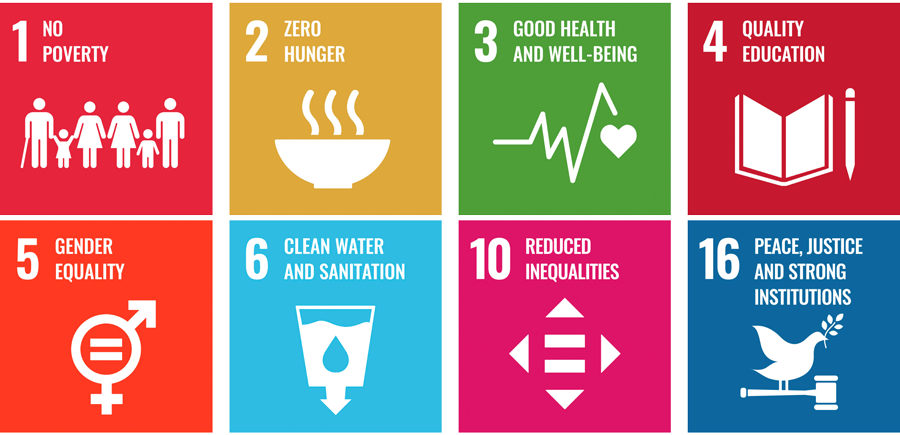

The r4d Dialogue Forum aims to discuss how public-private cooperation can be strengthened to mitigate potential adverse health impacts from resource extraction on health determinants, along with the promotion of health benefits in affected communities. The dialogue should be the basis for a possible alignment between different public and private entities and have an impact on constructive deliberations beyond the duration of the event. A main focus will be on public-private partnerships to jointly work towards sustainable development. In practice, there is a lot of untapped potential for actually doing so.
The Dialogue Forum aims to discuss how public-private cooperation can be strengthened to mitigate potential adverse health impacts from resource extraction on health determinants, along with the promotion of health benefits in affected communities. The dialogue should be the basis for a possible alignment between different public and private entities and have an impact on constructive deliberations beyond the duration of the event. A main focus will be on public-private partnerships to jointly work towards sustainable development. In practice, there is a lot of untapped potential for actually doing so.
Programme
Welcome, Irenka Krone, Head of Networks, Knowledge and Communication, cinfo
Introduction r4d Programme SNF, David Svarin, Programme Coordinator SNSF
Presentations and panel discussion (on-site and online)
- Mirko Winkler, Swiss TPH, HIA4SD Project
- Fritz Brugger, Nadel ETHZ, RID Project
Panel discussion with actors from the private and public sectors (extractive industry companies, civil society, NGOs, government).
Moderation: Priscilla Imboden, Journalist at Republik, former Swiss Radio SRF Journalist
- Guilherme Oliveira, Director of Vale Institute of Technology Sustainable Development, Brazil (online)
- Evelyn Dietsche, Swisspeace/ Private sector, Switzerland
- Jochen Ehmer, Solidarmed, Switzerland
- Nina Burri, HEKS, Switzerland
- Yvan Schulz, SWISSAID, Switzerland
- Frédéric Chenais, Human rights, EDA, Switzerland
- Adriano Nuvunga, Centro para Democracia e Desenvolvimento, Mozambique (online)
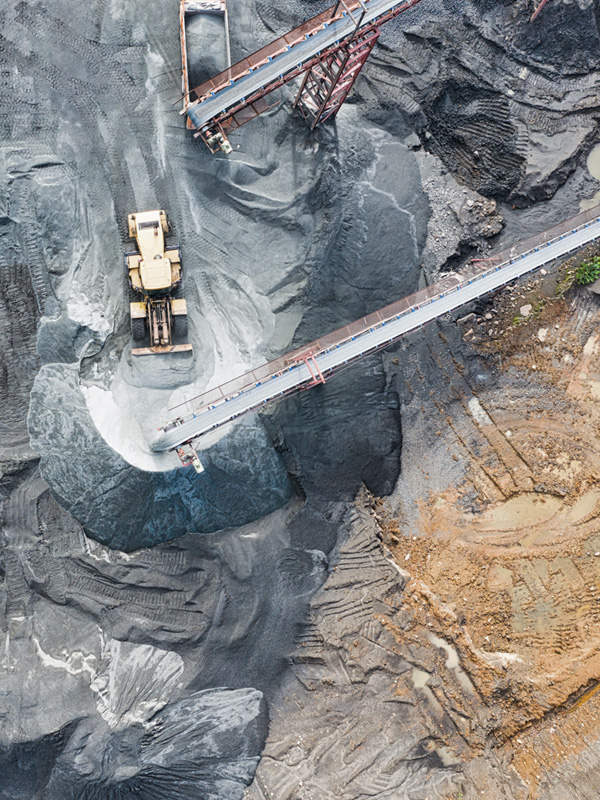
Dialogue Forum (on-site only)
Interactive and constructive discussion based on participative talks (world café and liberating structures) focused on the following questions
- What can be expected from mining companies? And what is the responsibility of host countries?
- Safeguarding public health in project areas: can we draw a line between the responsibilities of the extractive industry and the public sector?
- Role & cooperation between public health services, mining companies and local population: drivers for successful cooperation and risks.
- Incentives for mining companies to become more involved in promoting community health in affected populations.
- Opportunities to foster public-private cooperation.
Moderation: Katharina Kummer Peiry, Director Kummer EcoConsult
Moderator, Speakers and Panelists
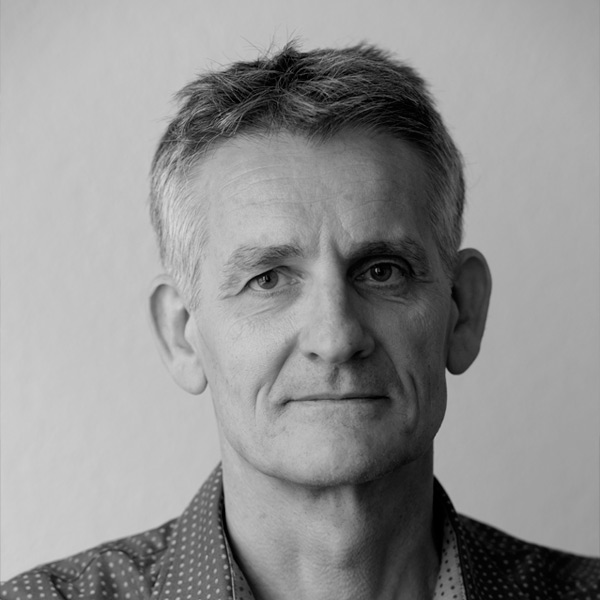
Fritz Brugger
Co-Director, NADEL Center for Development and Cooperation at ETH Zurich
Fritz Brugger holds a PhD from the Graduate Institute of International and Development Studies in Geneva. He is Co-Director of the NADEL Center for Development and Cooperation at ETH Zurich. Fritz is Co-PI in the HIA4SD research project, member of the Swiss Minerals Observatory Research Incubator at the Institute of Science, Technology and Policy (ISTP) at ETH Zurich, and a Research Associate at the Graduate Institute. Fritz’s research focuses on the politics and governance of large-scale and small-scale mining, commodity trading, and private sector governance.
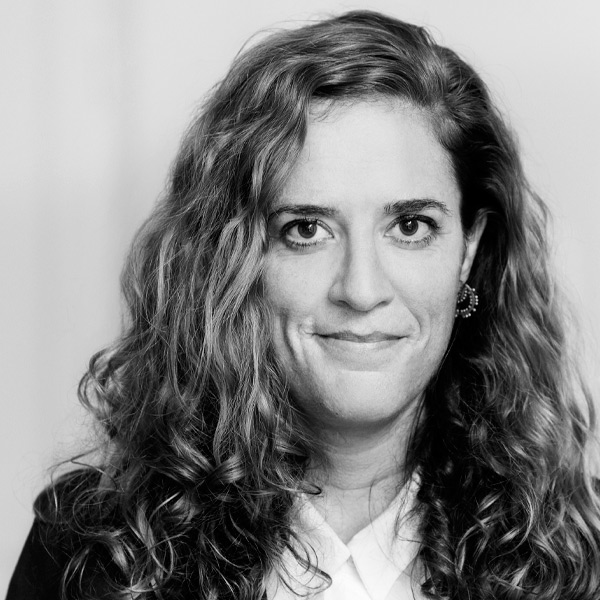
Nina Burri
Lawyer, specialised in international criminal law and human rights, Switzerland.
Dr. Nina Burri is a lecturer at the University of St. Gallen and is responsible for the business and human rights program of HEKS/EPER. In this work, she documents human rights violations and negative environmental impacts of multinational corporations, mostly in the Global South. Her current projects focus on the Democratic Republic of the Congo, South Africa and Indonesia. Previously, Nina Burri worked for the Office of the Prosecutor of the International Criminal Court.
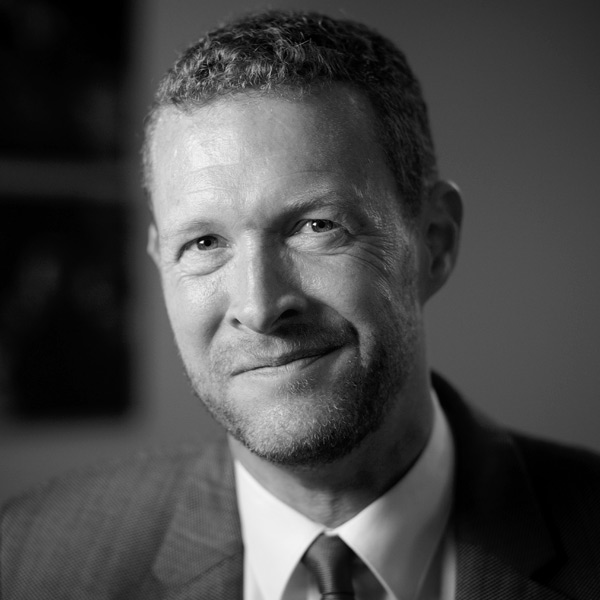
Frédéric Chenais
Senior Policy Advisor, Swiss Federal Department of Foreign Affairs
Frederic Chenais is Senior Policy Advisor at the Swiss Federal Department of Foreign Affairs where he is in charge of matters related to commodities, security and human rights. He represents Switzerland in the Steering Committee of the Voluntary Principle Initiative on Security and Human Rights and chairs de board of the International Code of Conduct Association for Private Security Provider. Previously, Frederic worked as Principal Advisor on communities relations for the Simandou project at Rio Tinto where he was, among other tasks, responsible for the communities health program. He also headed the mission of the International Organization for Migrations in Guinea, in Turkmenistan and Tajikistan. He holds a Master’s Degree in Ethnology.
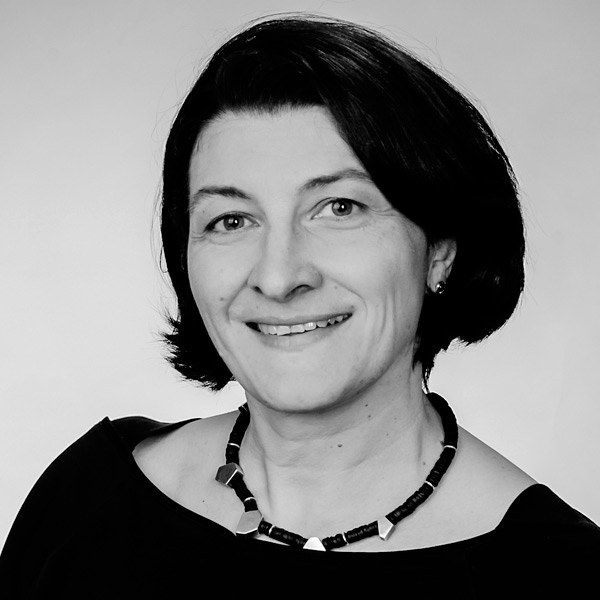
Evelyn Dietsche
Head of Business & Peace programme at swisspeace, University of Basel, Switzerland
Dr Evelyn Dietsche heads the Business & Peace programme of swisspeace, a practice and research institute associated with the University of Basel, Switzerland. She is a development economist and political scientist with nearly 25 years of experience in the multinational private, the international development and the public finance sector, covering a broad range of macroeconomic, political, social, and developmental challenges typically associated with the extractive and other natural resources sector. Under the remit of corporate social performance and social investment, her work has included corporate engagements and investments in public health.
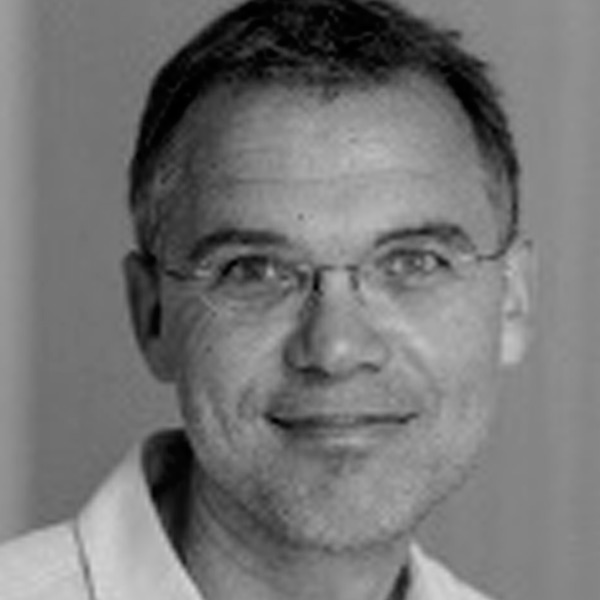
Jochen Ehmer
Jochen Ehmer, Director of SolidarMed, Switzerland.
Jochen Ehmer trained as medical doctor in Germany, France and the US, then further qualified in tropical medicine and epidemiology at London School of Tropical Medicine. He also holds a master’s in humanitarian aid. After a stint at the EU Humanitarian Office and some time as general practitioner, he moved to Mozambique as District health advisor. Back in Switzerland, he supported SolidarMed to develop its programs and establish a research & innovation portfolio together with Swiss and European academic centers. His main interests are: Integrating research, practice and policy. HIV, Tb, maternal and child health. Equity oriented health system innovations. Jochen has numerous scientific publications, serves at board of Medicus Mundi Switzerland and is guest lecturer at the Swiss TPH. He is member of the Swiss Society of Tropical Medicine, the International Aids Society, and the John Snow Society.
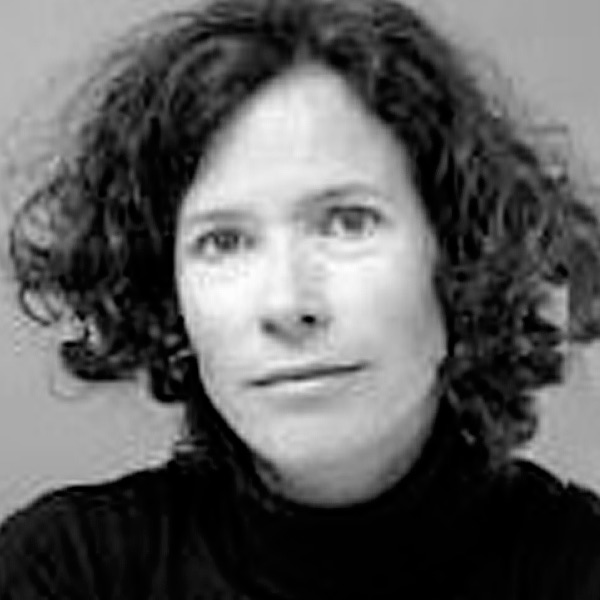
Priscilla Imboden
Political Journalist, University of Fribourg, Switzerland
Priscilla Imboden is a political journalist working for the online magazine „Republik“. Before her current position she worked for Swiss Radio SRF as an economics editor, then as US foreign correspondent and as part of the national politics team.
She studied economics at the University of Fribourg.
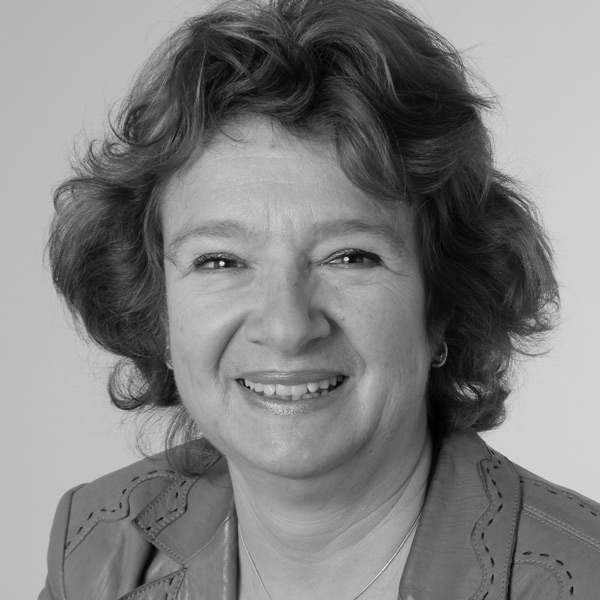
Katharina Kummer Peiry
Owner of Kummer EcoConsult, Switzerland
Dr Katharina Kummer Peiry is owner and principal of the Swiss-based consulting firm Kummer EcoConsult. She has over 30 years of experience in international environmental law and policy, having served as an expert advisor, as a government negotiator and chairperson of international meetings, and as a senior manager. Her experience includes 5 years as Senior Advisor to WHO during the negotiation and subsequent implementation of the WHO Framework Convention on Tobacco Control (WHO FCTC), 5 years as Executive Secretary of the Basel Convention on hazardous waste, and 2 years as Senior Legal Advisor to the Secretariat of the WHO FCTC.
Katharina holds a PhD in International Law from the University of London (UK); a Master of Law from the University of Zurich (Switzerland); and a Certificate of Advanced Studies in Mediation from the University of St. Gallen (Switzerland). She has taught international environmental law at the University of Bern (Switzerland), and has authored numerous academic publications in this field.
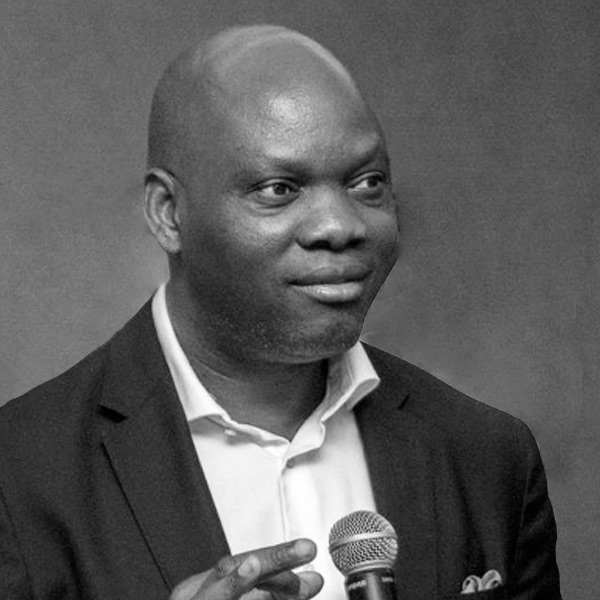
Adriano Alfredo Nuvunga
Scholar, Anti-corruption and Human Rights Activist, Mozambique
Prof. Dr. Adriano Alfredo Nuvunga is scholar, anti-corruption and Human Rights activist in Mozambique and Africa. He is the Director of the Centro para Democracia e Desenvolvimento (CDD), a Democracy, Governance and Human Rights Organization in Mozambique. Prof. Nuvunga teaches political science at the Eduardo Mondlane University in Maputo. He Chairs the Mozambique Network of Human Rights Defenders. His next book examines the nexus: Weak Governance, violent Conflict and Managing Mozambique’s Natural Resource Boom.
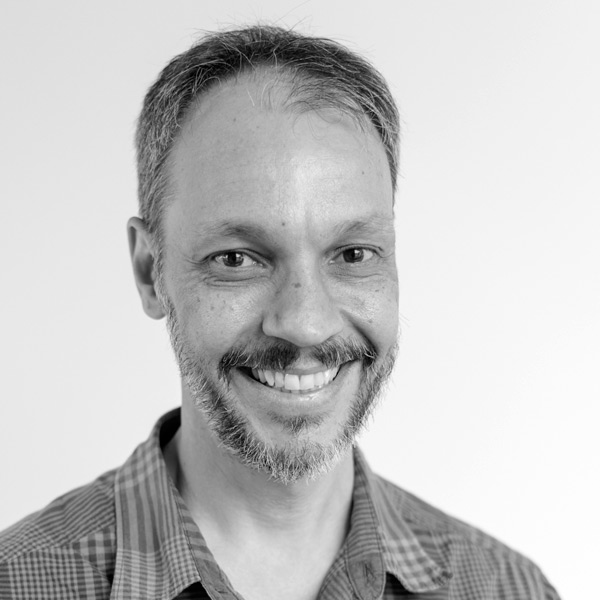
Guilherme Oliviera
Scientific Director of Vale Institute of Technology, Brazil
Dr. Oliveira obtained his Ph.D. from Texas A&M University in molecular biology and developed his career in genomics and bioinformatics with post-docs at the University of York (UK) and the Pasteur Institute (France). Since 2020 he is the Scientific Director of ITV, a private non-profit research institution located in the Amazon region. He was a Senior Scientist at the Oswaldo Cruz Foundation and moved to the Vale Institute of Technology in 2015 to lead the Environmental Genomics Group. He was a member of the Board of Directors of the International Society of Computational Biology and the President of the Brazilian Association of Bioinformatics and Computational Biology. His work has received financial support from Brazilian and international agencies. His scientific work is dedicated to using genetics and genomics tools to study biodiversity in the Amazon region with the goals of biodiversity conservation and the study of species of economical importance. During his career, he published more than 240 peer-reviewed papers and advised over 110 young scientists.
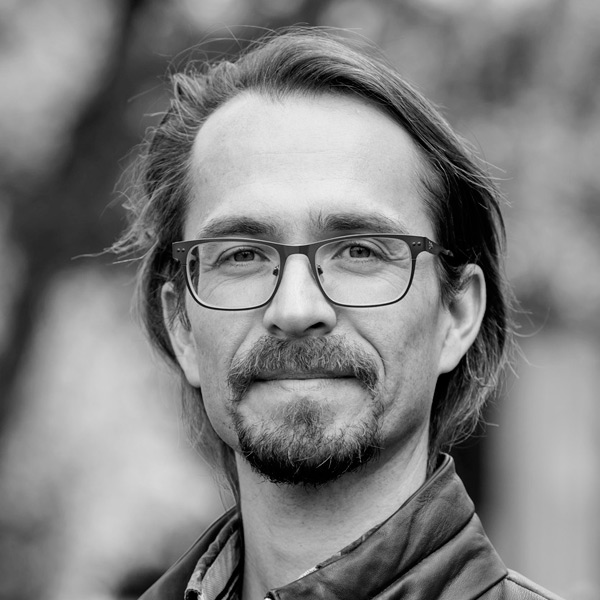
Yvan Schulz
Investigator and program officer at SWISSAID, Switzerland
Yvan Schulz informs on and advocates for responsible sourcing of raw materials, in particular gold. He has an academic background and has notably worked on a research project on the financialisation of the international copper market, which led him to do fieldwork in China and Zambia. Schulz holds a doctorate in social and cultural anthropology from the University of Neuchâtel. His PhD thesis deals with what some refer to as “urban mining,” i.e. salvaging metals and other commodities from cities’ waste flows.
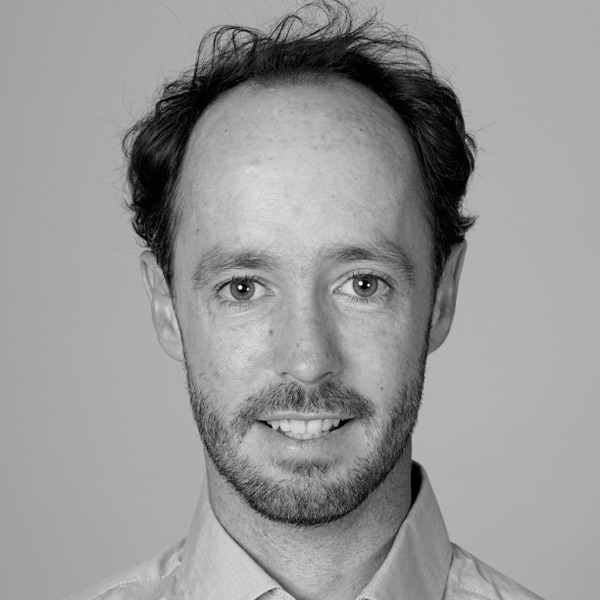
Mirko Winkler
Leader of the Health Impact Assessment (HIA) Research Group at Swiss TPH, Switzerland
Trained in Environmental Sciences (MSc ETH), Epidemiology (PhD) and Clinical Tropical Medicine (DTM&H), PD Dr Mirko Winkler is leading the Health Impact Assessment (HIA) Research Group at the Swiss Tropical and Public Health Institute (Swiss TPH). His research activities have two foci: (i) the study of health impacts associated with the development and operation of large infrastructure development projects in sub-Saharan Africa; and (ii) chemical and microbial exposure assessment in the context of small-scale agriculture, climate change and urbanisation. Mirko has a particular interest multi- and trans-disciplinary research, applying multi-method study designs that combine quantitative and qualitative research approaches. Over the past decade, Mirko has been leading a variety of studies in numerous low- and middle-income countries in sub-Saharan Africa, Asia and South America. Through his work, he has become an established international expert in the HIA field, having worked on 30+ HIA for private and public sector entities.


